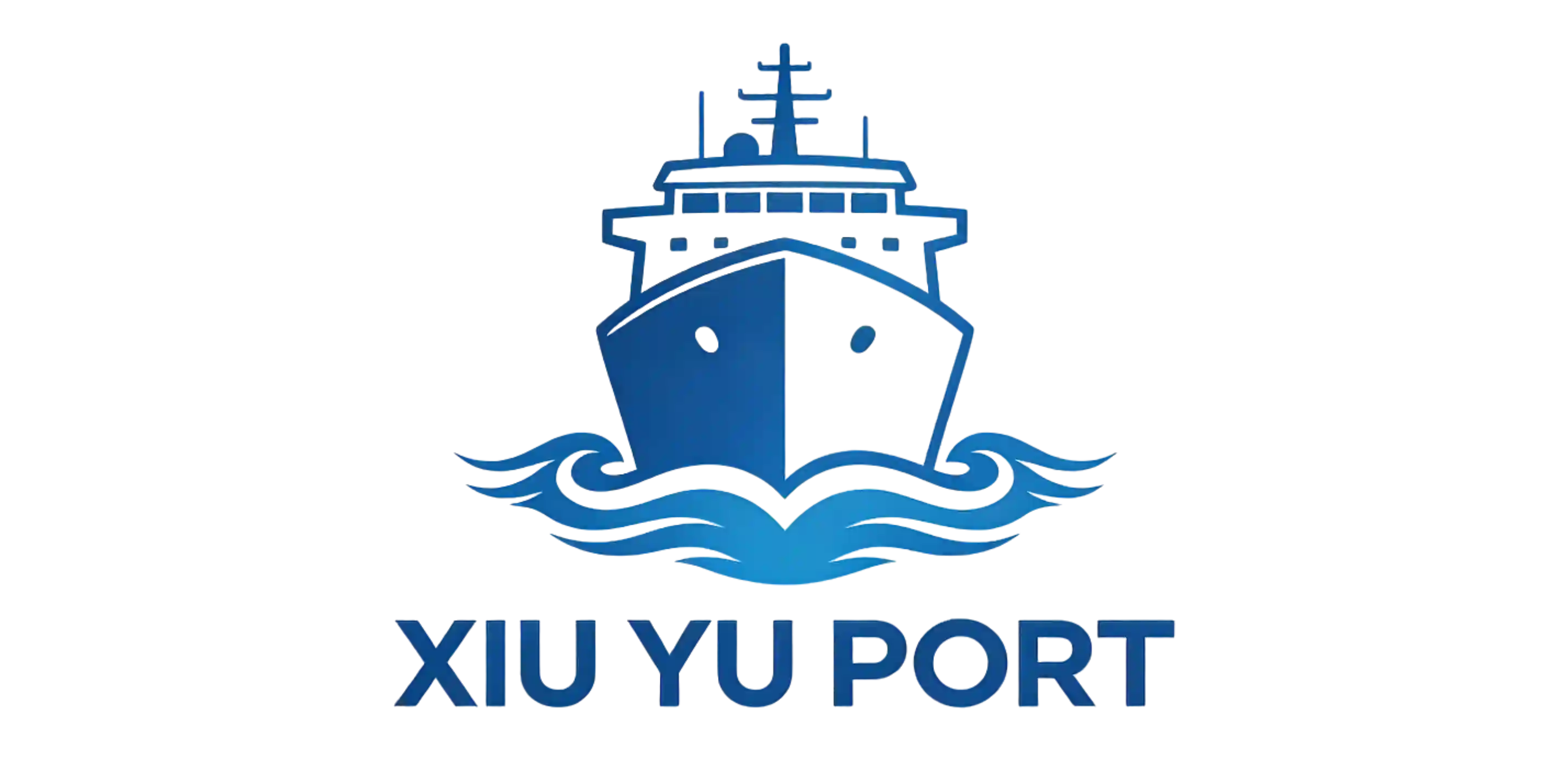Displaying 10 out of 109 suppliers
Verification
Supplier specification
2-Stroke Engine Oils Suppliers
2-stroke marine engine oil plays a critical role in keeping marine engines running reliably over long distances and heavy loads. Unlike general-purpose lubricants, it’s designed to perform under high pressures, varying fuel qualities, and constant thermal stress typical of ocean-going operations. The oil doesn’t just reduce friction - it helps control deposits, neutralize acidic byproducts, and protect components from corrosion.
Because of these demanding conditions, marine-specific formulations must meet strict OEM requirements and match the engine’s fuel profile, operating temperature, and maintenance intervals. Choosing the right 2-stroke marine engine oil ensures smoother operation, longer equipment life, and fewer unexpected shutdowns at sea. Working with experienced marine lubricants suppliers ensures availability and reliable delivery.
Types of 2-Stroke Engine Oils in the Marine Industry
In the marine sector, 2-stroke engine oils generally fall into two main categories: cylinder oil and system oil. Both are essential for low-speed, crosshead-type marine diesel engines - the standard setup on most large cargo ships, tankers, and bulk carriers.
Each oil type serves a different part of the engine. Cylinder oil is injected onto the cylinder liner walls, where it protects the liner and ring pack during combustion. System oil, on the other hand, remains in the crankcase, circulating through bearings, gear trains, and other moving parts below the piston. These oils are not interchangeable - their chemistry, function, and application method are entirely different. Matching both oils to engine type, fuel sulfur content, and operating conditions is key to reliability and long-term performance.
Cylinder Oil for Large 2-Stroke Diesel Engines
Cylinder oil is formulated to handle extreme pressures, high temperatures, and the chemical byproducts of combustion. It’s not burned with the fuel - instead, it’s injected into the cylinder walls and scraped downward by the rings.
- Used in: Large, slow-speed, two-stroke diesel engines on commercial vessels
- Function: Protects liners and rings; neutralizes acidic compounds from fuel
- Formulation: High Base Number (BN), strong detergency, and dispersant properties
- Standards: Selected based on fuel sulfur level and engine maker specs
- Common Brands: MobilGard 570/5100, Shell Alexia series, Total Talusia Universal, Chevron Taro
- Packaging: Supplied in drums, IBCs, or bulk from engine oil suppliers
Routine matching of BN to fuel (e.g., VLSFO, ULSFO) is critical to avoid cold corrosion or deposit build-up. Most OEMs also require approved cylinder oils with specific No Objection Letters (NOLs) for warranty compliance.
System Oil for 2-Stroke Marine Diesel Engines
System oil stays within the engine’s lower section and performs traditional lubrication tasks. It circulates continuously through the crankcase, cooling and cleaning the moving parts, supporting gear trains, bearings, and the piston underside.
- Used in: Same low-speed two-stroke diesels, but in the crankcase
- Function: Lubricates bearings, removes heat, controls deposits
- Formulation: Lower BN than cylinder oil, but high oxidative stability and strong water handling
- Standards: Must meet engine maker guidelines (viscosity, TBN, filtration, renewal interval)
- Common Brands: MobilGard ADL, Shell Melina, Total Disola, Chevron Veritas
- Packaging: Typically supplied in drums, IBCs, or bulk
System oil choice affects bearing life, sludge control, and separator performance. Unlike cylinder oil, it's not exposed to combustion - but still works under continuous stress.
Outboard 2-Stroke Oil (Ashless TC-W3 Type)
In commercial shipping, 2-stroke oil is also used in small outboard gasoline engines found on rescue boats, tenders, and recreational craft. These engines require a different class of oil entirely.
- Used in: Boats, dinghies, jet skis, fishing craft with 2-stroke outboard motors
- Function: Mixes with fuel and burns during combustion
- Formulation: Ashless to prevent spark plug fouling and reduce exhaust smoke
- Certification: Must meet NMMA TC-W3 standard for water-cooled gasoline engines
- Common Brands: Yamalube, Quicksilver, Mercury Premium 2-Stroke
- Packaging: Sold in 1-liter bottles, gallon jugs, or drums for fleet use
Although it’s still a 2-stroke engine oil, this product is entirely different from cylinder or system oils used in commercial marine diesels. It’s not interchangeable and must be used strictly as per the outboard engine manufacturer’s instructions.
Important Specifications and Certifications
When it comes to cylinder oils, one of the first things to check is the Base Number (BN). It needs to match the sulfur level of the fuel in use - too high or too low can lead to problems with deposits or corrosion. Also make sure the oil has a valid No Objection Letter (NOL) from MAN, Wärtsilä, or any other engine manufacturer running that spec.
For system oils, it's more about long-term cleanliness and stability. Good resistance to oxidation, water separation ability, and the right purification temperature all play a part. Engine makers usually list acceptable renewal intervals and minimum oil properties in the technical manual.
Outboard 2-stroke oils are a different case. The NMMA TC-W3 mark confirms the oil is safe for water-cooled gasoline outboards - low smoke, ashless, and able to keep spark plugs from fouling.
Leading Brands in Marine 2-Stroke Engine Oil
Several well-established manufacturers supply high-performance 2-stroke marine engine oils trusted across the industry. For low-speed diesel engines, Shell (Alexia, Melina), Mobil (Mobilgard), and TotalEnergies (Talusia, Disola) supply a wide range of cylinder and system oils with OEM support. These are commonly used across commercial fleets and carry No Objection Letters from major engine builders.
For smaller outboard applications, Yamalube, Quicksilver, and Mercury offer TC-W3-certified oils specifically formulated for 2-stroke, water-cooled gasoline engines. These products are designed for clean combustion, deposit control, and compatibility with outboard cooling systems. In other types of small marine engines, the required 2-stroke boat engine oil can vary, so it’s best to go with what the engine manual recommends before selecting a product.
How to Choose a 2-Stroke Marine Oil Supplier
Global 2-stroke marine engine oil suppliers often provide consistency across ports, clear documentation, and a broader product range - making them a strong option for fleets with international routes. Local vendors, on the other hand, may offer faster response times, flexible packaging options, and better knowledge of regional logistics or customs processes.
Always take time to verify the supplier’s reliability. Check for current product certifications, OEM approvals, and access to technical documentation. A trusted 2-stroke engine lubricant supplier won’t just give you a quote - but will help you align the oil with your engine design and fuel type.
Choosing the right supplier for marine 2-stroke engine oils plays a key role in ensuring consistent performance, protecting critical machinery, and staying aligned with OEM recommendations. Whether you're replenishing cylinder oil or system oil, it’s essential to work with vendors who understand marine-specific requirements and offer consistent product quality.
Which is exactly why we have built Records Marine. Our team curates a vetted network of 2-stroke marine oil suppliers. The platform connects fleet managers and ship operators with the best suppliers who know the industry and deliver on schedule. Browse our listings to compare offerings, check port coverage, and connect directly with trusted partners.

Year Founded: 2022

Year Founded: 2018

Year Founded: 1997

Year Founded: 2014
Year Founded: 1994

